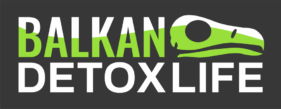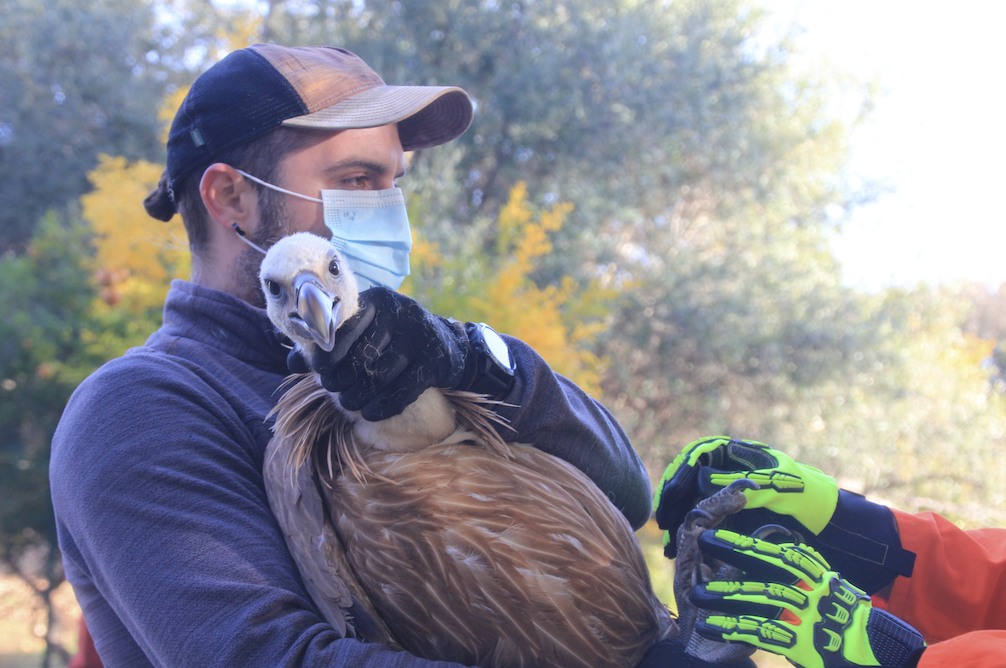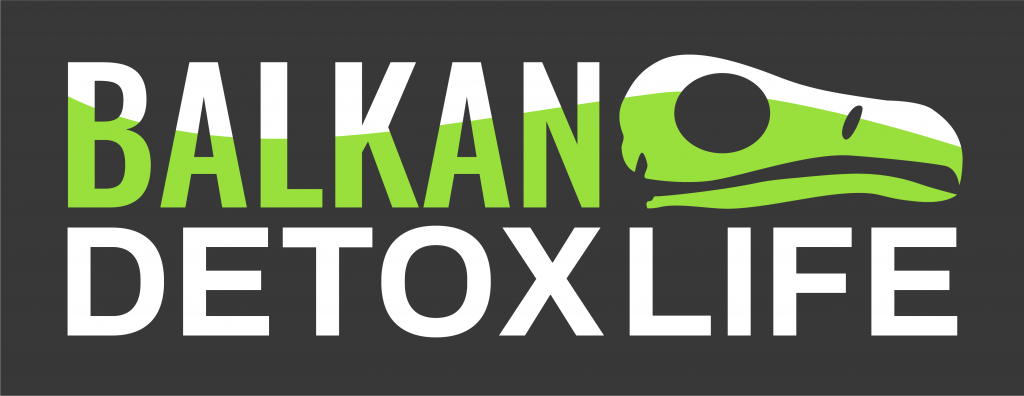Croatia is one of the few places hosting Griffon Vultures that nest in cliffs right above the sea – typically, the species prefers mountainous areas. During the breeding season, sometimes inexperienced, newly hatched Griffon Vultures fall into the sea from their nests, and conservationists mobilise special rescue operations to save their lives. This summer, several young Griffon Vultures, as well as some weakened adults, needed rescuing and subsequently entered a rehabilitation centre where they received the proper care until they made a recovery. Ahead of their release back to the wild, the vultures were equipped with GPS transmitters, some as part of the BalkanDetox LIFE’s intensive monitoring efforts for early detection of poisoning cases.
Rescuing vultures from the sea in Croatia during the summertime
Since June, the Beli Visitor Centre and Rescue Centre for Griffon Vultures have been undergoing rescue operations for young vultures that fell into the sea from their nests or even adults in poor states found by concerned islanders and tourists. They collected the vultures and transferred them to the Rescue Centre, where their journey back to health began. There, they also acted as ambassadors for the species since curious visitors were fascinated by them, encouraging them to learn more about their behaviour and conservation. By the end of the season, eleven Griffon Vultures in the rehabilitation aviary were ready to return to the wild.
Preparing for the release of the Griffon Vultures

After weeks and months of recovery and preparations, it was time for the release. On 25 October 2021, BIOM employees and volunteers, Public Institution Priroda and Zagreb ZOO personnel joined the crew at the Beli Rescue Centre to assist on the proceedings prior to the release – a final quick health check-up and equipping a few birds with GPS transmitters. This action enables conservationists to track the movements of the released birds and study the patterns of dispersion and migration, which is regarded as extremely helpful information to best plan and act towards the conservation of the species. Furthermore, some of them were equipped as part of the BalkanDetox LIFE project pool. By tagging Griffon Vultures across the Balkans, BalkanDetox LIFE plans to intensively monitor all Griffon Vulture colonies in the region to effectively track and prevent mass poisonings incidents of the species and other scavenging animals, as they would also act as sentinel species.
Releasing the rehabilitated Griffon Vultures
After all the preparations, the team started the long ride up to the release location. Only one Griffon Vulture stayed behind, an older adult bird, as its rehabilitation was not complete, and it had to spend some more months at the Rescue Centre before returning to the wild.
Next to the feeding place on the top of the hill, the ten transportation boxes were aligned as the vultures peeped through the gaps. Two by two, they were brought forward and when the doors opened, the birds carefully stepped out. Some were quick to fly right away. Others stuck around for some minutes before taking off. But all of them hovered around for some time. Following their release, the GPS-tagged birds remained in Kvarner Bay for a while.
Adapted from the text written by BIOM’s ESC volunteers Estela Marques, Aida Martinez, Manon Eymard


























